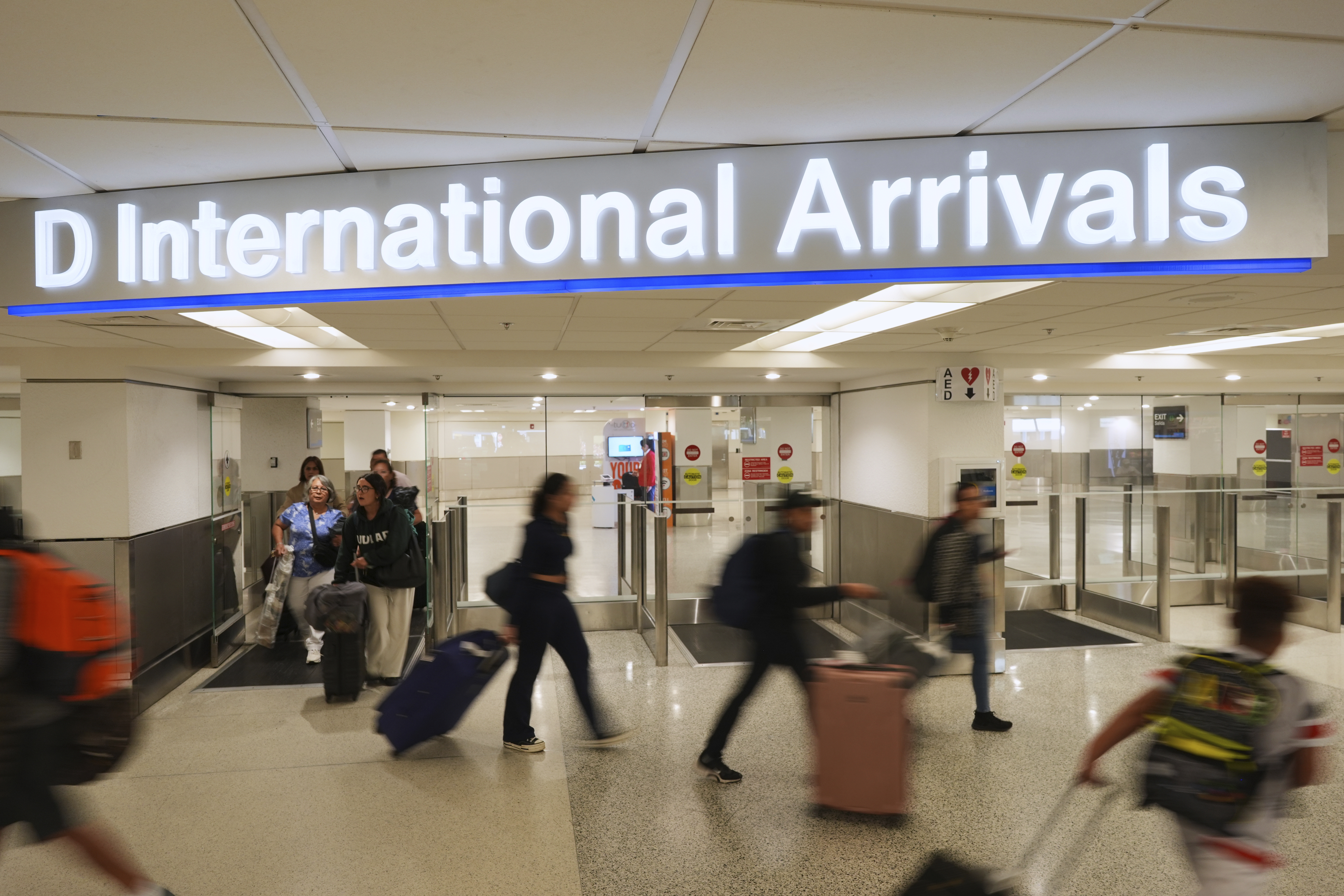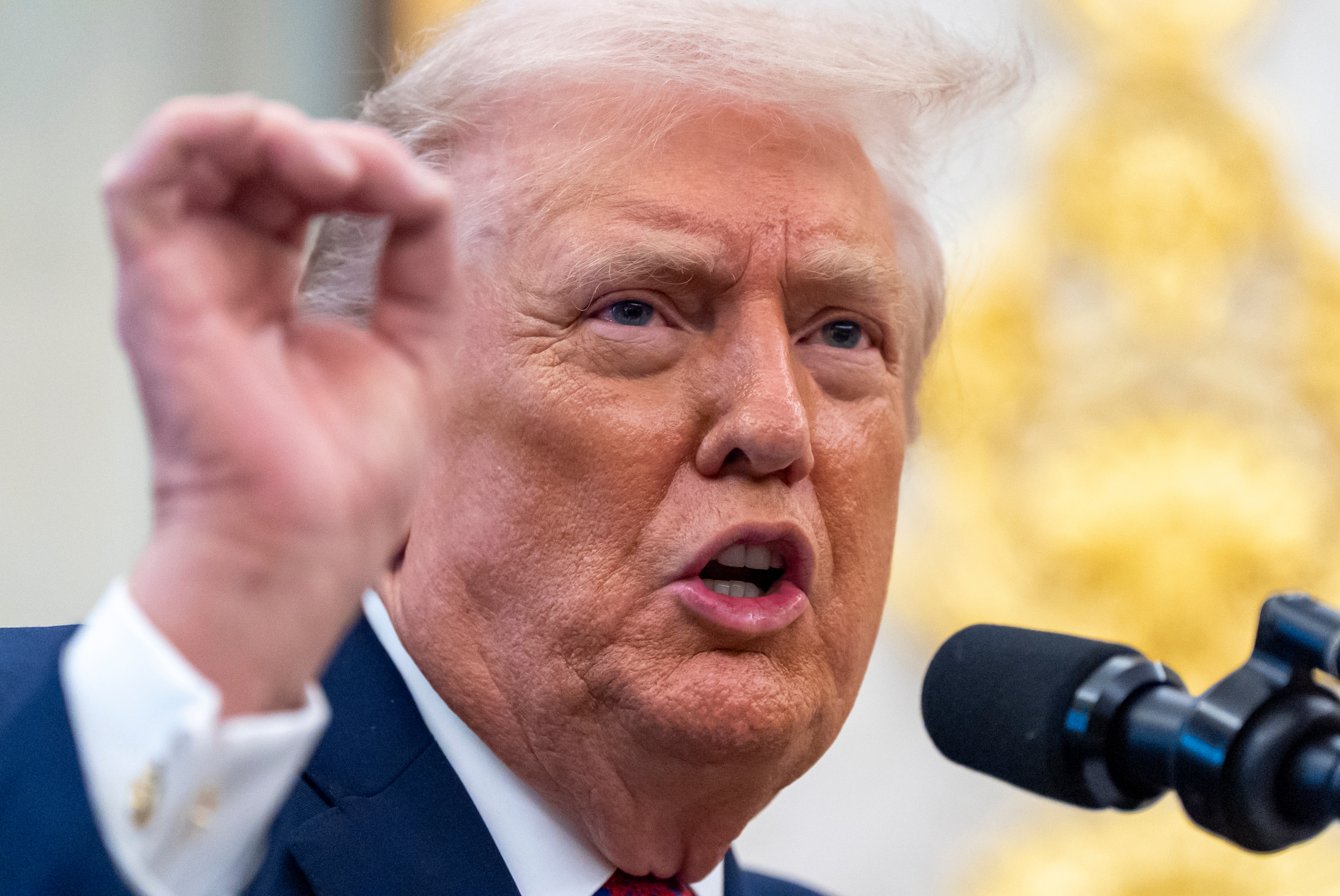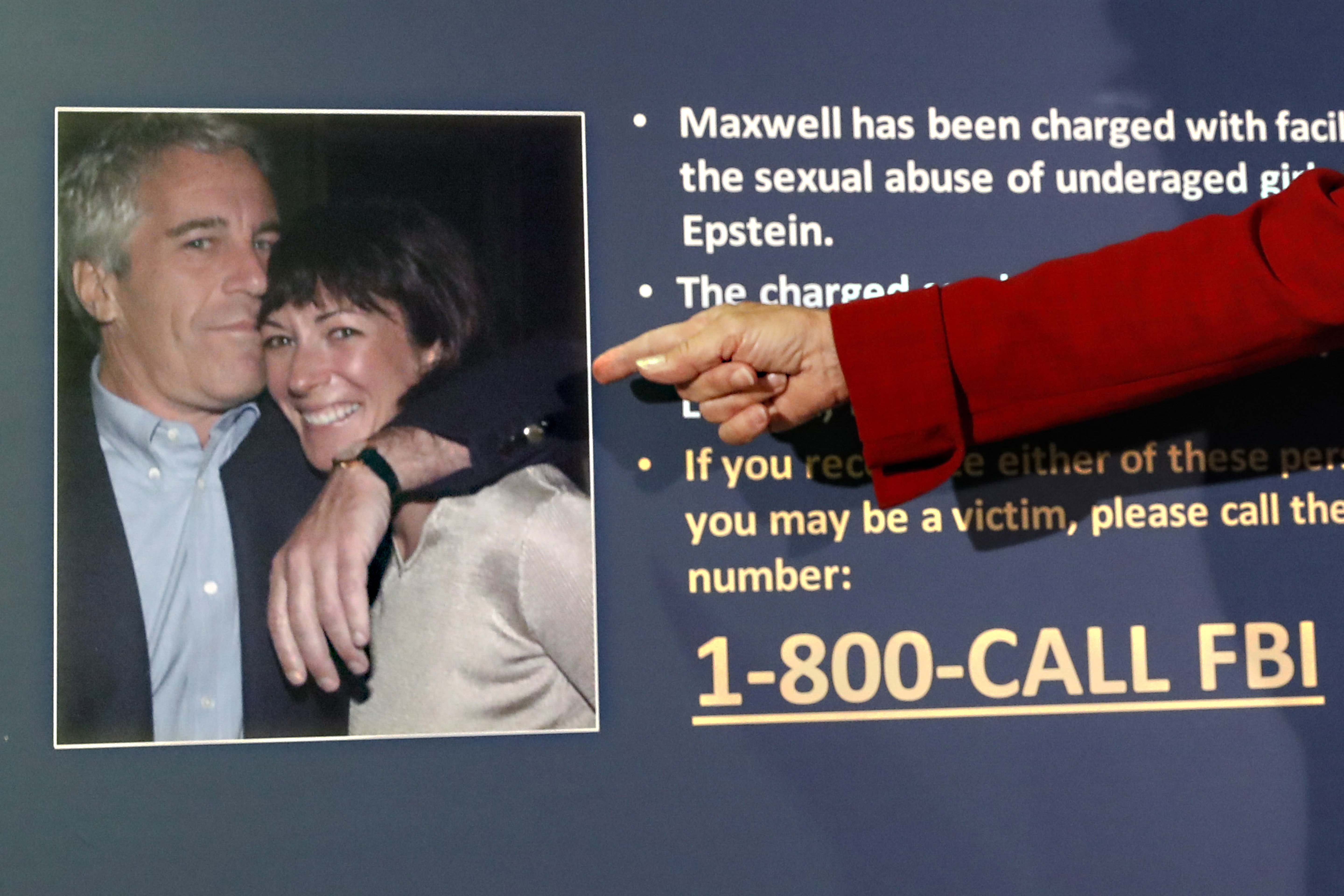In a statement Saturday morning, President Obama refused to say how long U.S. airstrikes to stop ISIS in Iraq would continue.
"Mr. President, for how long a period of time do you see these airstrikes continuing for?"
"I'm not going to give a particular time table."
The airstrikes and humanitarian supply drops began Thursday night. (Video via ABC News)
The reasons were twofold: “Targeted airstrikes to protect our American personnel, and a humanitarian effort to help save thousands of Iraqi civilians."
The intervention came as ISIS troops threatened the Kurdish city of Erbil, where about 40 U.S. diplomatic officials are stationed.
The New York Times reports a White House official saying the airstrikes were meant to keep Erbil from becoming "another Benghazi".
Kurdish leaders were relieved by Obama's decision
"Express our gratitude and deep, deep appreciation for President Obama and the U.S. administration."
But many questions about U.S. policy remain, and not just about timetables.
"He was asked directly whether the U.S. goal is to destroy ISIS or contain it, but he didn’t answer."
"What chance is there of Iraq the U.S. forming that inclusive government the U.S. so clearly wants?"
“What are you going to do about that intelligence?"
“Do we have faith and confidence that the U.S. military could defeat ISIS?"
The President's been vague: The only thing he says is off the table are U.S. boots in Iraq.
But the fact that there's an intervention at all is a bit of a surprise.
After all, this is the politician who built a career on opposition to U.S. intervention in Iraq.
He mentioned it when he announced his run for President, in 2007: "All of this cannot come to pass until we bring an end to this war in Iraq."
That war in Iraq did end, technically, in 2011.
But it hasn't kept the President out of a country where the conflicts seem to just blur into each other.
This video includes images from Getty Images, Jason Pitcher/CC BY-NC-ND 2.0










